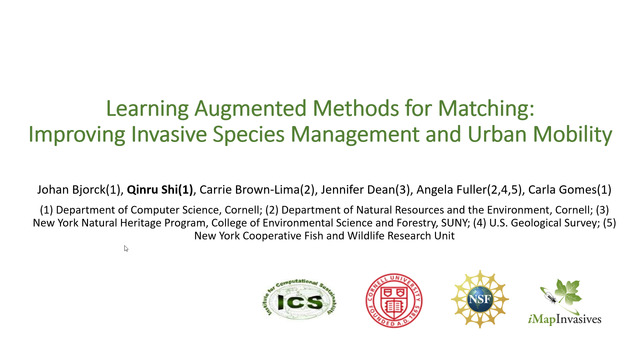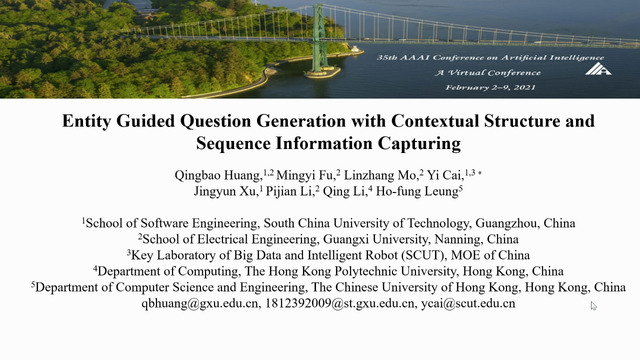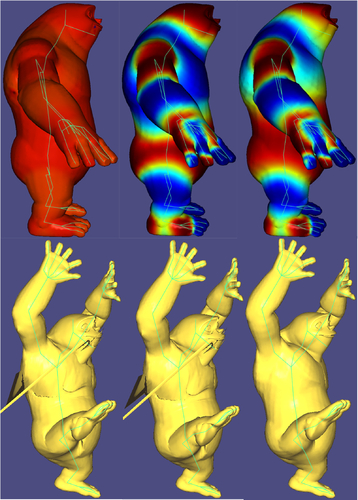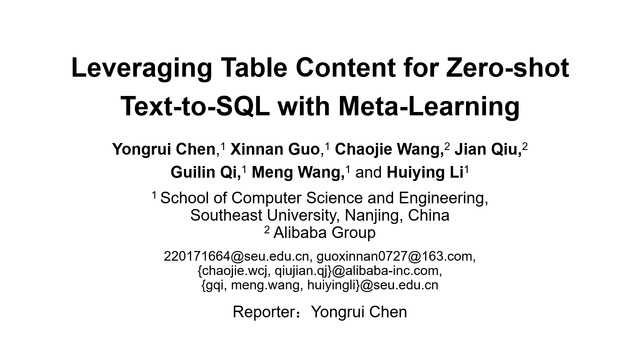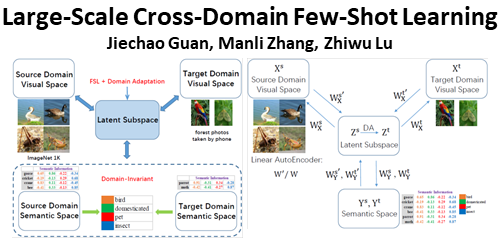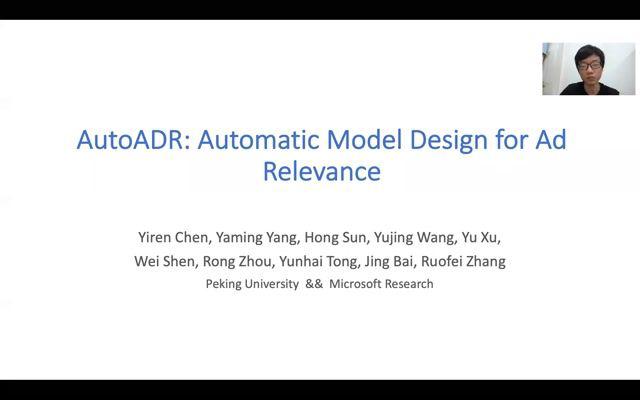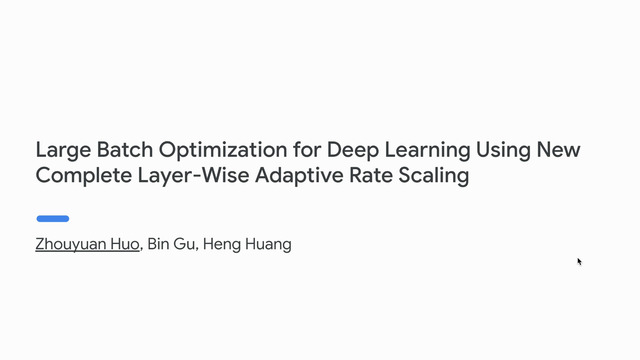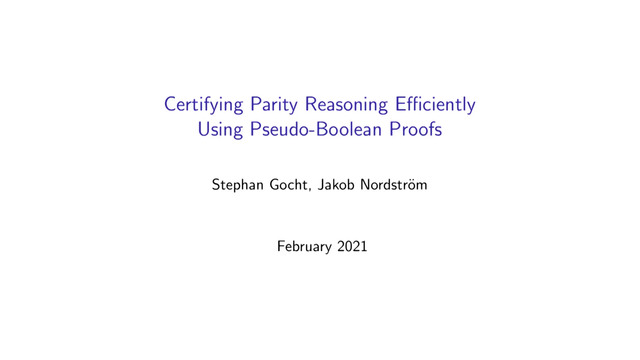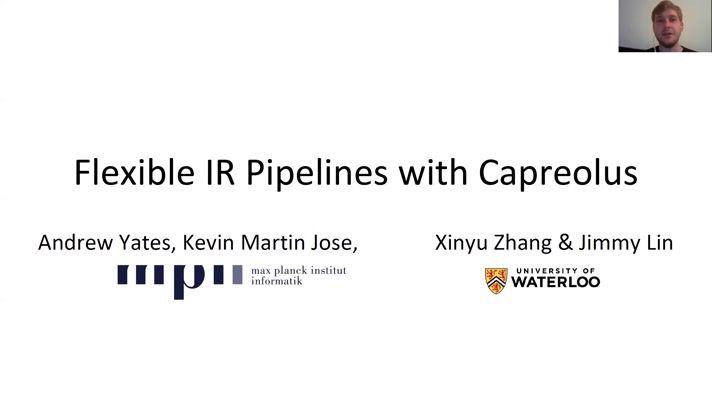Abstract:
Creating open-ended algorithms, which generate their own never-ending stream of novel and appropriately challenging learning opportunities, could help to automate and accelerate progress in machine learning. A recent step in this direction is the Paired Open-Ended Trailblazer (POET), an algorithm that generates and solves its own challenges, and allows solutions to goal-switch between challenges to avoid local optima. However, the original POET was unable to demonstrate its full creative potential because of limitations of the algorithm itself and because of external issues including a limited problem space and lack of a universal progress measure. Importantly, both limitations pose impediments not only for POET, but for the pursuit of open-endedness in general. Here we introduce and empirically validate two new innovations to the original algorithm, as well as two external innovations designed to help elucidate its full potential. Together, these four advances enable the most open-ended algorithmic demonstration to date. The algorithmic innovations are (1) a domain-general measure of how meaningfully novel new challenges are, enabling the system to potentially create and solve interesting challenges endlessly, and (2) an efficient heuristic for determining when agents should goal-switch from one problem to another (helping open-ended search better scale). Outside the algorithm itself, to enable a more definitive demonstration of open-endedness, we introduce (3) a novel, more flexible way to encode environmental challenges, and (4) a generic measure of the extent to which a system continues to exhibit open-ended innovation. Enhanced POET produces a diverse range of sophisticated behaviors that solve a wide range of environmental challenges, many of which cannot be solved through other means.






